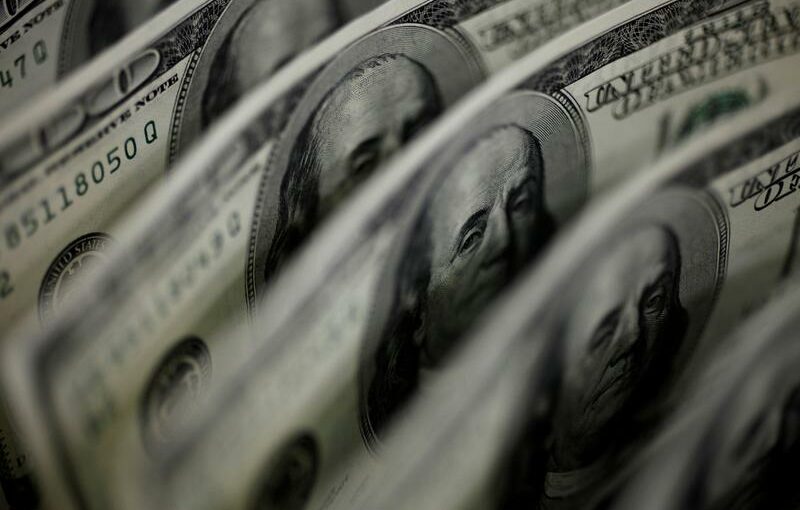LONDON (Reuters) – The dollar rose in early European trading on Tuesday, in line with a risk-off tone in global markets, after a weak Asian session, led by declines in Chinese markets, while the New Zealand dollar plunged after new curbs on the housing market.
The United States, the European Union, Britain and Canada sanctioned Chinese officials on Monday over human rights abuses in Xinjiang, and Beijing hit back with punitive measures against European lawmakers, diplomats, institutes and families.
Also contributing to market caution was a third wave of the COVID-19 pandemic in Europe. Germany is extending its lockdown and urging citizens to stay at home for five days over the Easter holidays, Chancellor Angela Merkel said.
At 0800 GMT, the dollar was up 0.2% against a basket of currencies at 91.989. The euro was down 0.3% against the dollar at $1.19025.
“The common currency looks set to remain quite vulnerable on the back of virus-related developments,” ING strategists said in a note to clients.
The New Zealand dollar fell overnight and extended its losses as European markets opened, down around 1.4% at a three-month low of 0.7059 versus the U.S. dollar.
The drop was triggered by the New Zealand government’s introducing measures to curb speculation on its red-hot housing market, where house prices have risen 23% in 12 months. The kiwi fell as the reforms lessened expectations for policy tightening.
“The government measures will help to take pressure off the RBNZ (Reserve Bank of New Zealand) to address risks to financial stability from the housing market, and thereby delay the need hike rates in response,” MUFG currency analyst Lee Hardman wrote in a note to clients.
The Australian dollar – considered a liquid proxy for risk – also took a hit as oil prices fell, down 0.8% at a 13-day low of 0.76805 versus the U.S. dollar.
Turkey’s lira stabilised, having plunged 7.5% on Monday after President Tayyip Erdogan sacked the hawkish central bank chief. In early European trading, it was up around 0.6% against the U.S. dollar.
The dollar index has gained more than 2% so far in 2021, as speedy rollouts of COVID-19 vaccines in the United States and the Biden Administration’s $1.9 trillion stimulus are seen lifting growth, driving up bond yields and drawing investors.
Market participants will be listening to a Congressional testimony by U.S. Federal Reserve Chair Jerome Powell and Treasury Secretary Janet Yellen later in the day for any hints about their tolerance for rising yields, which could determine the future direction for the dollar.
The level of demand at a two-year Treasury auction later in the session will also be closely watched.
Source: Read Full Article
